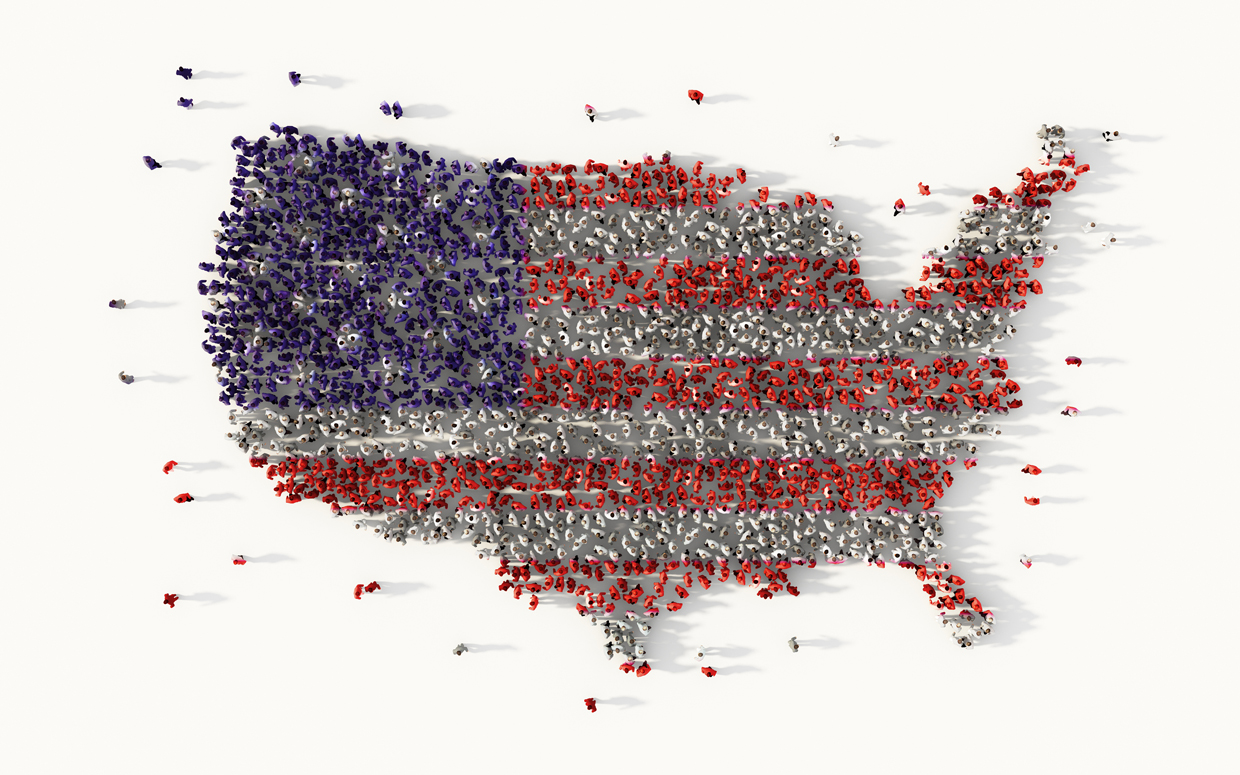| December, 2019
Happy New Year! The stage is set for a great 2020, thanks to the work of our members on critical projects in 2019:
- Completing the Taxonomy Development Handbook (a multi-year project), the Style Guide and other building blocks to create good quality taxonomies;
- Building more data quality rules and guidance to give issuers the tools to build better quality financial data, and increasing our engagement with the SEC, IASB and FASB;
- Developing standards to support pilot programs in the municipal reporting domain, and getting important stakeholders engaged through targeted events and outreach;
- Providing feedback to legislators at the national and state level; regulators including the SEC and the FERC; and standards organizations like the ROC LEI, FASB, and IASB, to educate and raise awareness about financial data standards;
- Continuing to support standards programs for surety insurance and solar.
|
 |
|
2020 will be an exciting year with pending legislation and regulation that will require the use of financial data standards. Our work this past year puts us in a great position to support these initiatives.
We’re also pleased to kick off the year by taking a page from the XBRL International playbook and adopting their updated newsletter template. Send us any feedback on how we can make it even better.
|
|
 |
|
GREAT Act passes Congress and is signed by the President. The GREAT (Grant Reporting Efficiency and Agreement Transparency) Act is an important bill with big implications for standardized reporting by grantees, including state and local governments, and non-profits, to report awards-related information in structured data format. The legislation signed into law December 30, 2019, defines data standards as “rendering data fully searchable and machine-readable; nonproprietary; incorporating standards developed and maintained by voluntary consensus standards body; and consistent with applicable accounting standards”. The bill also calls for the use of standards for the Single Audit Package, a comprehensive report typically prepared by the grantee and their auditor, and applies to any grantee that receives federal awards of $750,000 or more.
|
|
 |
| XBRL US weighs in on the need for government identifiers. The Regulatory Oversight Committee (ROC) of the Legal Entity Identifier (LEI) published a Consultative Document about establishing identifiers for government entities worldwide. We strongly believe that government identifiers are critical, particularly in light of the fact that collecting government financial data in U.S. markets, in an efficient, automatable fashion is becoming a more likely scenario. Our expectation is based on recent initiatives driving greater standardization, such as the GREAT Act for grants reporting, and the mandate for XBRL in the state of Florida. The availability of government identifiers for these entities would vastly improve the usefulness of the standardized, machine-readable government financial data that will be produced through these initiatives.
However, the current approach to establishing governmental relationships proposed by the ROC will not adequately address the complexities of U.S. government entities. The U.S. has over 90,000 sub-sovereign governments falling into a large number of categories and with varied types of interrelationships. Many U.S. local governments are small, may not understand the benefits of the LEI, and may see the registration fee as a deterrent.
We recommend that the ROC consider how the LEI could be adapted to better fit the framework of U.S. federal, state and local government reporting. We also believe there should be more work to build awareness among U.S. governments to help them understand the benefits of identifiers. We also believe that it may be more expedient to allow automatic registration of small government organizations, potentially through an organization such as U.S. Census, the MSRB or U.S. Treasury.
Read the XBRL US letter: XBRL US Response to ROC LEI 12_6_2019
|
|
 |
XBRL US Activities
Recent Point of View topics – Find out how the US GAAP Taxonomy was built, and learn about early and current maintenance programs. Find out how the staffing, governance and standards development has changed over time. Read this 2-part series from Donna Johaneman, Senior Project Manager XBRL, FASB; and Louis Matherne, Chief of Taxonomy Development, FASB:
Upcoming XBRL US Data Quality Committee Meeting – Wednesday, February 12, 2020 at 12PM ET.
Get information about the Committee and register to attend: https://xbrl.us/dqc
Upcoming XBRL US Steering Committee and Other Member Meetings
- The Domain Steering Committee meeting will be held Thursday, January 9, at 3 PM ET.
- The Communications Steering Committee will be held Tuesday, January 21, 2019 at Noon ET.
XBRL US Members are invited to attend and get involved. Email membership@xbrl.us for details.
|
|
|
 |
| SEC proposes XBRL for resource extraction issuers. On December 18, 2019, the Securities and Exchange Commission published a rule proposal on Disclosure of Payments by Resource Extraction Issuers. If enacted, the rule will require resource extraction issuers to include information relating to payments made to a foreign government or the Federal Government for the purpose of the commercial development of oil, natural gas, or minerals, in an annual report. Information would need to be provided about the type and total amount of payments made for each of their projects related to the commercial development of oil, natural gas, or minerals, and the type and total amount of payments made to each government. The proposal requires a resource extraction issuer to provide information about those payments in XBRL (not Inline XBRL) format. The proposal is out for a 60 day comment period which will start once the proposal is published in the Federal Register.
Read the proposal: https://www.sec.gov/rules/proposed/
2019/34-87783.pdf
|
|
 |
| SEC proposal leaves financial bank disclosures in unstructured format. The Securities and Exchange Commission recently published a rule proposal on Update of Statistical Disclosures for Bank and Saving and Loan Registrants, which does not require the use of data standards for industry guide 3 disclosures. We strongly disagree with the proposal as stated which does not require the use of data standards for reported information that is highly financial in nature. Data reported through Guide 3 falls into seven areas: (1) distribution of assets, liabilities and stockholders’ equity; interest rates and interest differential, (2) investment portfolios, (3) loan portfolios, (4) summary of loan loss experience, (5) deposits, (6) return on equity and assets, and (7) short-term borrowings. This position takes a step backwards in the momentum we’re seeing in the marketplace for greater use of standards for machine-readability.
Read the XBRL US response letter: XBRL US Response to Update of Statistical Disclosures for Bank and Saving and Loan Reg File No S7-02-17
|
|
 |
|
FERC to hold technical conference to solicit feedback on draft data standards.
The Federal Energy Regulatory Commission (FERC) announced plans to hold a technical conference in February to solicit feedback on draft data standards for utilities. The data standards (XBRL Taxonomy) represent information reported by entities filing FERC forms 1, 1-F, 2, 2-A, 3-Q electric, 3-Q natural gas, 6, 6-Q, 60, and 714. The taxonomy is now available during a review period that concludes on January 17, 2020. The review will be followed by an in-person technical conference on February 4-6, which will be open to vendors and the public to discuss and provide further input to the draft data standards. After the technical conference, the Commission will again solicit comments, and then will issue an order to adopt the final taxonomy and supporting materials; and will include an implementation schedule. We encourage XBRL US members and other interested parties to attend the technical conference, which will be held at FERC Headquarters, at 888 First Street NE in Washington, DC.
Register to attend, either in-person or via webcast here: https://www.ferc.gov/whats-new/registration/02-04-20-form.asp
Review the taxonomy: https://www.ferc.gov/docs-filing/forms/forms-refresh.asp
|
|
New XBRL US Member – Construction Progress Coalition
Construction Progress Coalition (CPC) is a 501c3 non-profit organization educating construction professionals on the benefits of open data standards and opportunities to adopt them. CPC’s mission is to improve collaboration between project delivery stakeholders through a Common Data Exchange (CDX). Learn more – https://constructionprogress.org |
 |
| XBRL US Members are committed to engaging and collaborating with other members, contributing to the standard through involvement of their teams, and striving to build awareness and educate the market. Members of XBRL US represent the full range of the business reporting supply chain.
Not yet an XBRL US member? Maybe it’s time to consider joining XBRL US for yourself ($55 – $500/ year) or your organization (fees vary). Find out more about the benefits of membership and how to become involved by visiting https://xbrl.us/benefits. |
|
|
|
Comment
You must be logged in to post a comment.